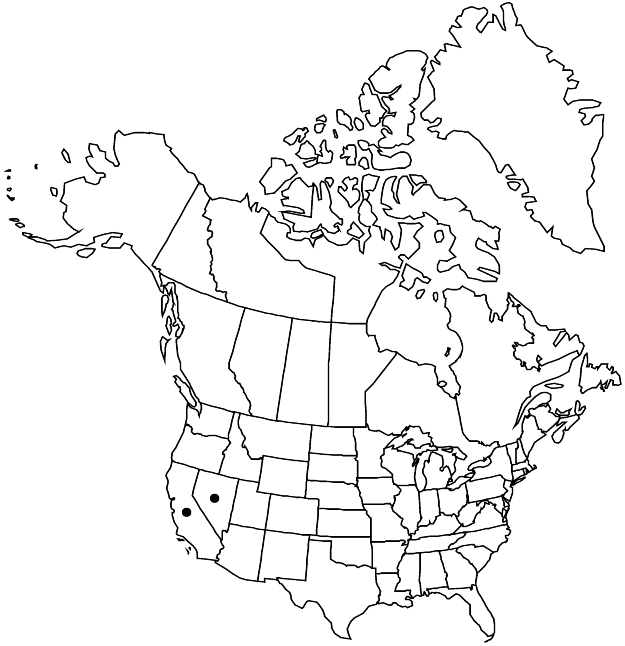Difference between revisions of "Eriogonum wrightii var. subscaposum"
in W. H. Brewer et al., Bot. California 2: 29. 1880.
FNA>Volume Importer |
imported>Volume Importer |
||
| Line 1: | Line 1: | ||
{{Treatment/ID | {{Treatment/ID | ||
|accepted_name=Eriogonum wrightii var. subscaposum | |accepted_name=Eriogonum wrightii var. subscaposum | ||
| − | |accepted_authority=S. Watson | + | |accepted_authority=S. Watson |
|publications={{Treatment/Publication | |publications={{Treatment/Publication | ||
|title=in W. H. Brewer et al., Bot. California | |title=in W. H. Brewer et al., Bot. California | ||
| Line 8: | Line 8: | ||
}} | }} | ||
|common_names=Short-stemmed bastard-sage | |common_names=Short-stemmed bastard-sage | ||
| + | |special_status={{Treatment/ID/Special_status | ||
| + | |code=E | ||
| + | |label=Endemic | ||
| + | }} | ||
|basionyms= | |basionyms= | ||
|synonyms={{Treatment/ID/Synonym | |synonyms={{Treatment/ID/Synonym | ||
| Line 49: | Line 53: | ||
-->{{#Taxon: | -->{{#Taxon: | ||
name=Eriogonum wrightii var. subscaposum | name=Eriogonum wrightii var. subscaposum | ||
| − | |authority=S. Watson | + | |authority=S. Watson |
|rank=variety | |rank=variety | ||
|parent rank=species | |parent rank=species | ||
| Line 62: | Line 66: | ||
|publication title=in W. H. Brewer et al., Bot. California | |publication title=in W. H. Brewer et al., Bot. California | ||
|publication year=1880 | |publication year=1880 | ||
| − | |special status= | + | |special status=Endemic |
| − | |source xml=https:// | + | |source xml=https://bitbucket.org/aafc-mbb/fna-data-curation/src/2e0870ddd59836b60bcf96646a41e87ea5a5943a/coarse_grained_fna_xml/V5/V5_571.xml |
|subfamily=Polygonaceae subfam. Eriogonoideae | |subfamily=Polygonaceae subfam. Eriogonoideae | ||
|genus=Eriogonum | |genus=Eriogonum | ||
Latest revision as of 22:12, 5 November 2020
Herbs, loosely matted, 0.5–2.5(–3) × 1–3(–5) dm, tomentose or glabrous. Leaves: blade oblanceolate to elliptic, 0.5–1(–1.2) × 0.2–0.4(–0.5) cm. Inflorescences virgate or cymose; branches dichotomous, mostly slender. Involucres 1.5–4 mm. Flowers 2–3 mm; perianth white to pink. Achenes 2–2.5 mm. 2n = 34.
Phenology: Flowering Jun–Sep.
Habitat: Gravelly to rocky, often volcanic or granitic flats, washes, slopes, and outcrops, sagebrush and chaparral communities, oak, pinyon-juniper, and montane conifer woodlands
Elevation: 200-3400 m
Discussion
Variety subscaposum occurs mainly in the Transverse Ranges and the Sierra Nevada of California, with some populations in the desert ranges just to the east in west-central Nevada. The distinction between var. subscaposum and var. trachygonum is not always sharp, and some plants along the foothills of the Sierra Nevada may well be the latter. On the Transverse Ranges (and especially Mt. Pinos), var. subscaposum appears to merge with E. kennedyi var. kennedyi.
Selected References
None.
